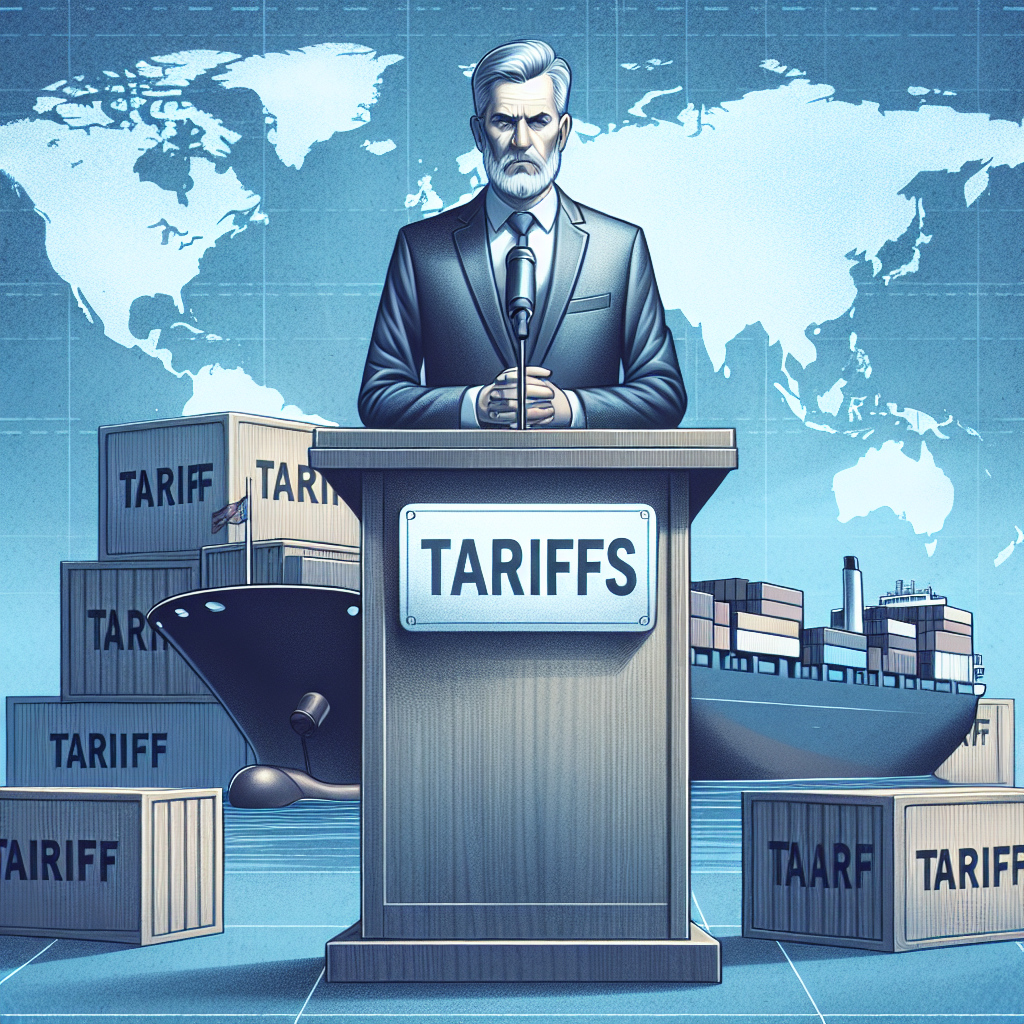European Markets Tumble Amid Rising Tariffs and Economic Uncertainty
European shares took a sharp downturn on Wednesday due to the implementation of steep U.S. reciprocal tariffs, fueling concerns about further economic decline. The STOXX 600 index and Germany's benchmark both fell, exacerbated by trade tensions and falling energy stocks, while traders anticipated a European Central Bank interest rate cut.

European shares witnessed a significant decline on Wednesday as the effects of steep U.S. reciprocal tariffs made their mark on investor confidence, spreading fears of economic damage across the bond markets.
The pan-European STOXX 600 index dropped 2.5% by 0711 GMT, reversing gains from the previous session. Germany's sensitive benchmark index saw a 2.1% reduction, coinciding with the enforcement of Trump's 20% reciprocal tariff on certain European Union products.
Germany's finance minister, Joerg Kukies, warned that the continent's largest economy is at risk of entering another recession due to escalating trade tensions. With recent tariff hikes affecting autos and metals, the eurozone is already under pressure. Energy stocks collapsed 3.8%, and miners were hit hard, tanking 4% after China faced a severe 104% levy on metals exports, impacting the already strained market.
Interest rate-sensitive banks fell 2.8% as traders anticipated a European Central Bank interest rate cut next week, aimed at stabilizing the weakening economy. Simultaneously, investors moved away from U.S. bonds, traditionally seen as safe-haven assets, opting instead for cash holdings in a climate of uncertainty.
In a specific case, Germany's Redcare Pharmacy plummeted 15.6% following the release of a convertible bonds offering, contributing to the general market declines.
(With inputs from agencies.)
ALSO READ
TN's growth story was full of challenges. Made state a leading one in 5 years, says Finance Minister Thangam Thennarasu in Assembly.
Defense Stocks Lead STOXX 600 Surge Amid ECB Speculation
India Expands Economic Footprint: Finance Minister Engages Norwegian CEOs
Madhya Pradesh Finance Minister Jagdish Devda presents state budget for 2026-27 with total outlay of Rs 4,38,317 crore.
Record High for STOXX 600 Amid Leadership Changes and Corporate Moves










